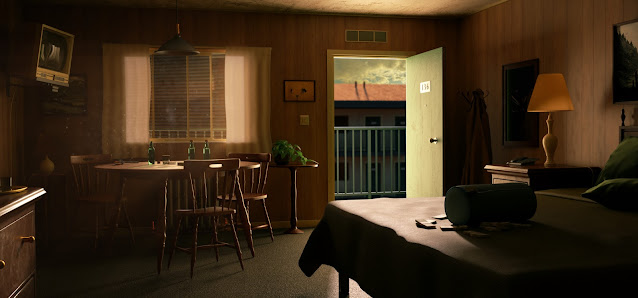On Scripture
Turn it and turn it, for everything is in it.
Look deeply into it, and grow old with it,
and spend time over it, and do not stir from it,
because there is no greater portion.
-Rabbi Ben Bag-Bag
What's it like to be something that never dies?
Your pages have been banned, burned and buried
Only to be found again and again and again.
Bedside table drawers in dark motels
It's drawers can barely contain your light
Words etched on prison walls
live on to set the captive free.
Your words pierce through history and time
all the while holding history and time in your pages.
What's it like to be something that's so hated and argued over?
Misunderstood and misused.
Do you mind?
God, do you mind your breath being strangled?
What's it like to be something that's so alive that all the wrestling and dissecting and sifting
only makes you come more alive
Your words are a bottomless well, pearls of great price,
seeds to be found in the dark soil of my life
to bring forth new life.
Words that were buried in me long ago,
lying dormant in rocky soil,
are bursting to life now.
They spring forth like little seedlings
ready to grow in fertile soil now.
The more I read your word
the more it calls back to life those buried words.
They water, give sunlight and oxygen,
they call my attention to weeds and rocks and crows
wanting to steal, misuse and confuse.
I see now
now that I'm older,
how much I need this living, breathing thing.
Not for my own personal gain.
Not out of worry or anxiety
but out of love.
The whole Book is an invitation
to a journey with You.
It invites me to know it's Author.
It invites me to read it's letters and write Him back.
It invites me to know my neighbor.
It invites me to know myself.
It slows my hectic mind and reminds me over and over
who I really am.
More in need than I could ever admit
and more loved than I could ever imagine.
This is inspired by the Jewish practice of midrash: “an interpretive act of seeking answers to questions that are unanswerable, a way for rabbis and other God-wrestlers to interpret the text, trying to reconcile in consistencies and contradictions, helping to bridge the gap between it and the people trying to understand it. Midrash is a practice in study and imagination. It began as a rabbinical tradition, but modern Jewish midrash is extended to the people and often expressed thought art, poetry, prose, music and theater. Midrash, at its heart, is the people of God honoring the text by wondering about it, aiding their minds by imagining what could fill the holes.”
(From "There Is a Future - A Year of Daily Midrash by Amy Bornman)
*Artwork by Thomas Zorroche "Motel-Room 136"




Comments
Post a Comment